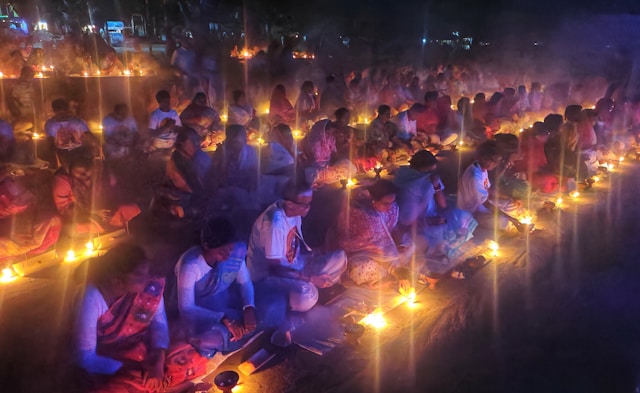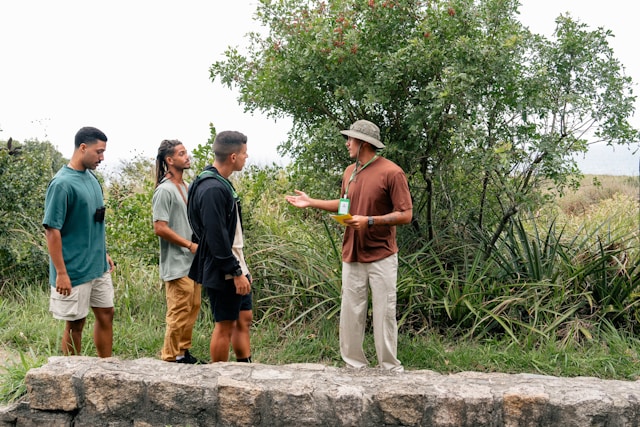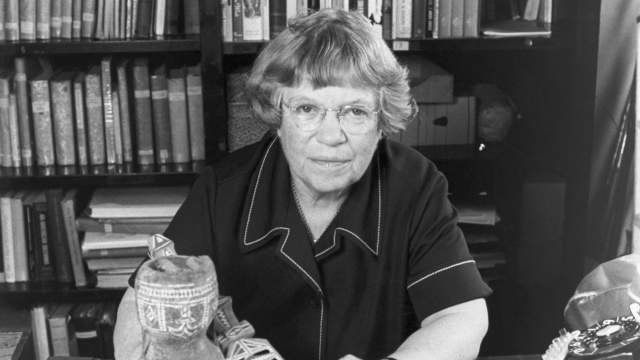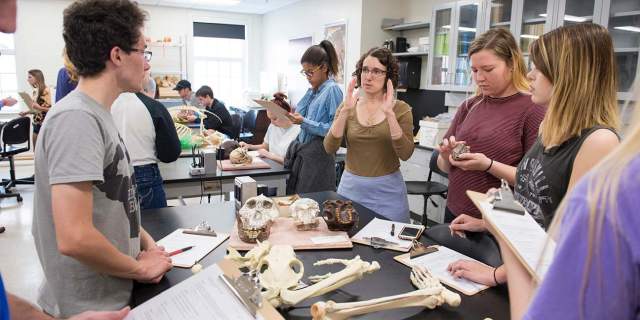Introduction to Cultural Anthropology
Have you ever thought about how much cultural anthropology actually shapes the way we see the world? I mean, we usually just go about our daily lives inside our own little cultural bubbles, right? We rarely step outside and really see how other people live and what they think is real. But get ready, because we’re about to take a deep dive into some seriously mind-blowing facts from cultural anthropology. I think they’ll shatter your preconceived notions and expand your global perspective.

What Exactly is Cultural Anthropology?
Okay, before we jump into the cool facts, let’s just clarify what cultural anthropology actually is. Basically, it’s the study of human societies and cultures, and how they’ve developed. It’s a holistic discipline, you know? It looks at all the intricate details of social practices, beliefs, economics, politics, and even the environments of different groups of people all over the globe. Cultural anthropologists do ethnographic research, which means they immerse themselves in these diverse settings, observing and interacting with communities to get anthropological insights–and to figure out the “why” behind the way people live.

Unveiling the Impact of Cultural Anthropology on Global Perspectives
Cultural anthropology isn’t just about, like, dusty textbooks and ancient traditions. It’s a super vibrant field, and it has real-world implications. It’s constantly shaping how we view and interact with different cultures. Think about it: Every time you read something about a different country, have an intercultural communication, or even watch a documentary about a remote tribe, you’re actually seeing the work of cultural anthropologists. It’s definitely broadening our collective understanding.
How it all Influences Cross-Cultural Understanding
The field actively promotes cross-cultural understanding, and I think that’s more critical today than ever before. We’re all interconnected now, so we’re constantly interacting with people from totally diverse backgrounds. Cultural anthropology gives us the tools to, like, navigate these interactions with sensitivity and respect. It teaches us to:
- Recognize and appreciate cultural diversity.
- Challenge our own ethnocentric biases. (You know, the belief that our own culture is the best.)
- Understand the context behind different cultural traditions and cultural norms.
- Communicate effectively across cultural boundaries.
Have you considered your own biases lately? I mean, what’s normal for you might not be normal for someone else!
Cultural Anthropology and Its Role in Societal Change
It also plays a role in societal change. I mean, anthropologists often work as advocates for marginalized communities. They use their research to shine a light on social injustices and inequalities. They might, for example:
- Document the impact of globalization on indigenous populations.
- Study how climate change affects traditional livelihoods.
- Help develop culturally appropriate solutions to social problems.
- Give a voice to communities.

Surprising Customs from Diverse Cultures:
Okay, get ready to have your mind blown! This is where we get into some truly unusual cultural practices around the world. These examples of uncommon cultural norms globally show just how incredibly diverse human experience can be:
- The Himba of Namibia and Red Ochre: The Himba women are known for covering their skin and hair with this mixture of ochre and butterfat, and it gives them this distinctive reddish hue. But it’s not just for beauty, you know? It also protects them from the sun and insects.
- Living with the dead: In Tana Toraja, Indonesia, they do a unique mortuary ritual. So, they actually keep the preserved bodies of their deceased relatives in their homes for weeks, months, or even years, before they have the elaborate funeral ceremonies.
- The Dani Tribe’s Finger Amputation: In Papua, Indonesia, the Dani tribe traditionally practiced finger amputation. I know it sounds extreme, but it was a way of expressing grief when a family member died. It’s way less common now, but it’s a powerful example of how differently cultures can express emotions.
- The “Turning of the Bones” in Madagascar: The Malagasy people of Madagascar practice Famadihana. Basically, they exhume the remains of their ancestors, rewrap them in fresh cloth, and celebrate with them before putting them back in the tomb. Sounds wild, but it’s how they honor their ancestors and keep that connection with the past.

And, you know, these are just a few snippets. It’s super important to remember that even the most seemingly “strange” customs have deep cultural significance and meaning for the people who practice them.
Influential Cultural Anthropologists and Their Groundbreaking Discoveries
- Margaret Mead: Her work in Samoa, especially her book “Coming of Age in Samoa” challenged Western ideas of adolescence and sexuality. You know, her research really sparked important conversations about how culture influences human development.
- Ruth Benedict: She’s known for her work on the cultures of Native American tribes, and Benedict really emphasized cultural relativism. I mean, that’s the idea that each culture should be understood on its own terms, and not judged by the standards of another.

The Role of Cultural Anthropology in Modern Society
So, how does all of this apply to us today? Well, cultural anthropology plays a bigger role in modern society than you might think:
- Business and Marketing: You know, understanding cultural nuances is crucial for businesses that operate in global markets. Anthropologists actually help companies tailor their products and marketing strategies to fit different cultural contexts.
- International Relations and Diplomacy: Cultural sensitivity is essential for successful diplomacy. I mean, anthropologists can provide insights into the cultural factors that influence international relations and conflict resolution.
- Healthcare: Cultural beliefs and practices can totally impact health outcomes. Medical anthropologists work to, like, bridge the gap between Western medicine and traditional healing practices.
- Personal Identity: Of course, there are going to be cross-cultural impacts on personal identity.
Cultural Anthropology’s Approach to Global Issues
From climate change to migration, cultural anthropology offers really unique perspectives on pressing global issues. Anthropologists can examine how different cultures interact with their environments and how they respond to challenges, and that helps with finding sustainable and culturally appropriate solutions. Also, how cultural anthropology helps in conflict resolution is another field where it’s a benefit.
Interesting Anthropological Studies on Cultural Differences
The field is just brimming with fascinating research. Here are a few quick examples:
- Studies on Language and Thought: There’s this key concept in linguistic anthropology called the Sapir-Whorf hypothesis. Basically, it suggests that the language we speak actually shapes the way we think and perceive the world.
- Research on Kinship Systems: Anthropologists have documented a huge array of kinship systems around the world, showing how different cultures define family and social relationships.
- Ethnographic Studies of Rituals and Ceremonies: From weddings to funerals, rituals play a big role in all cultures, right? So, anthropologists study these rituals to figure out their meaning and their social function.
- Deep dives into unique cultural traditions is another area of study.

Cultural Anthropology Findings That Impact Daily Life
The anthropological insights gained from socio-cultural studies are, like, way more relevant to your daily life than you might realize:
- Improved Communication: Understanding cultural differences can help you communicate better with people from diverse backgrounds, whether it’s at work, school, or, you know, just in your personal life.
- Reduced Prejudice and Discrimination: By learning about other cultures, you can challenge your own biases and stereotypes. I think that fosters greater tolerance and empathy.
- Enhanced Travel Experiences: When you travel, knowing something about the local culture can make your experience so much richer. Plus, you can avoid cultural misunderstandings that way.
- Greater Self-Awareness: Studying other cultures can actually make you more aware of your own cultural assumptions and values, which can lead to greater self-understanding.
Cultural anthropology offers this, like, never-ending journey of discovery. So, are you open to broadening your perspective and maybe challenging your assumptions about the world? Trust me, the knowledge is out there – go explore!
